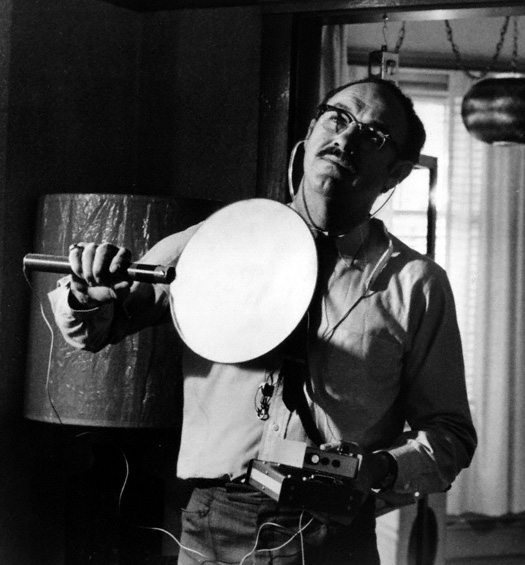I’m not a defeatist about all the problems of our world. I think, for instance, income inequality can be remedied, and we can achieve social progress in a number of areas. The demographics are on our side. But I’m not an optimist when it comes to controlling guns or ensuring privacy, areas where technology makes limitation almost impossible.
I’ve talked about guns before, so I’ll discuss privacy today.
Gawker‘s Hamilton Nolan always makes lots of good points in his posts. His latest, a piece about the surveillance state we find ourselves in, is no exception. We’re now a place where government, media and the odd hacker can watch us, can learn what we’re thinking. Nolan’s contention is that we can stop these intrusions. I don’t think that’s true.
9/11 and the Patriot Act hastened this world, made for an excellent excuse for its installation, but it was going to happen anyway. There are two reasons for that.
First of all, no one ever builds tools to not use them, and they only get cheaper and easier to use. Drones were the size of planes and then birds and soon fleas. Cameras are in our pockets–in our glasses–let alone attached to our streetlamps. We drop data everywhere we go–even when we’re sitting still. And a decentralized media is in everyone’s hands, which means many great things can happen but also that a virtual anarchy rules. And this new normal is already such a bedrock of our society that I don’t think it would be possible to turn back even if we wanted to.
And I don’t think we really want to.
That brings me to the second reason: People really, really want attention at any cost. It makes them feel appreciated and safe. I’ve been constantly surprised by the extent of this. Social networks and other information-extracting services are a reflection of our desire to be connected, to feel important. We’ve traded so much for it already, namely our privacy, because, we want to be noticed, we want to be watched over. It’s a scary world and everyone wants a brother, even if it’s Big Brother.
Perhaps that will change when a government overreach causes a scandal that has a very human face. But I doubt it. The widespread News Corp wrongdoing, with the face of a murdered child attached to it, hasn’t changed much. I think privacy as we knew it, from governmental or other intrusion, is over, like it or not.
The opening of Nolan’s post:
“Ever since 9/11, the American government has been busily constructing the most comprehensive surveillance state in this country’s history. This vast and invasive bureaucracy is too big to hide, but the public has done its part by politely ignoring it. No longer. Now is when we, the people, choose whether or not we will accept the end of privacy as we know it. If history is any indication, we will.
In the immediate aftermath of 9/11, the public’s consent was explicit: Do Whatever It Takes. As passions faded and the ‘War on Terror’ morphed into a quasi-permanent state of being, our consent became implicit. The public never asked for the surveillance state to stop. Over the past decade, journalists have periodically revealed details of the breadth of our government’s spying mechanism: the Washington Post the breathtaking size of the secret intelligence-industrial complex; Jane Mayer NSA whistleblowers who said that the agency was vacuuming up email and phone records from all Americans. These stories, meticulous though they were, made only a temporary splash. This week’s stories are different.
Over the past two days, two incredibly important stories about the U.S. government’s spying capabilities broke one after another. First, the story that the NSA is collecting the phone records of all Verizon Business Services customers—which may well include all Verizon users—on a daily, ongoing basis; and then, yesterday, the existence of the PRISM program, in which the NSA and the FBI tap directly into the data streams of the world’s biggest internet companies, allowing it to pull out virtually any and all communications data, allowing them to ‘watch your ideas form as you type.’ (The vague denials of the various internet companies likely hinge on the technical mechanisms of their cooperation, rather than on the existence of their cooperation itself.)
The great omniscient government spy looking over your shoulder is real. This is the type of spying program that makes conspiracy theorists sound mild in comparison. Even in the context of the wholesale erosion of the very concept of ‘civil liberties’ since 9/11, this is sobering stuff. We have consented, without our knowledge, to giving faceless, unaccountable government representatives access to everything we say and do.”
Tags: Hamilton Nolan

